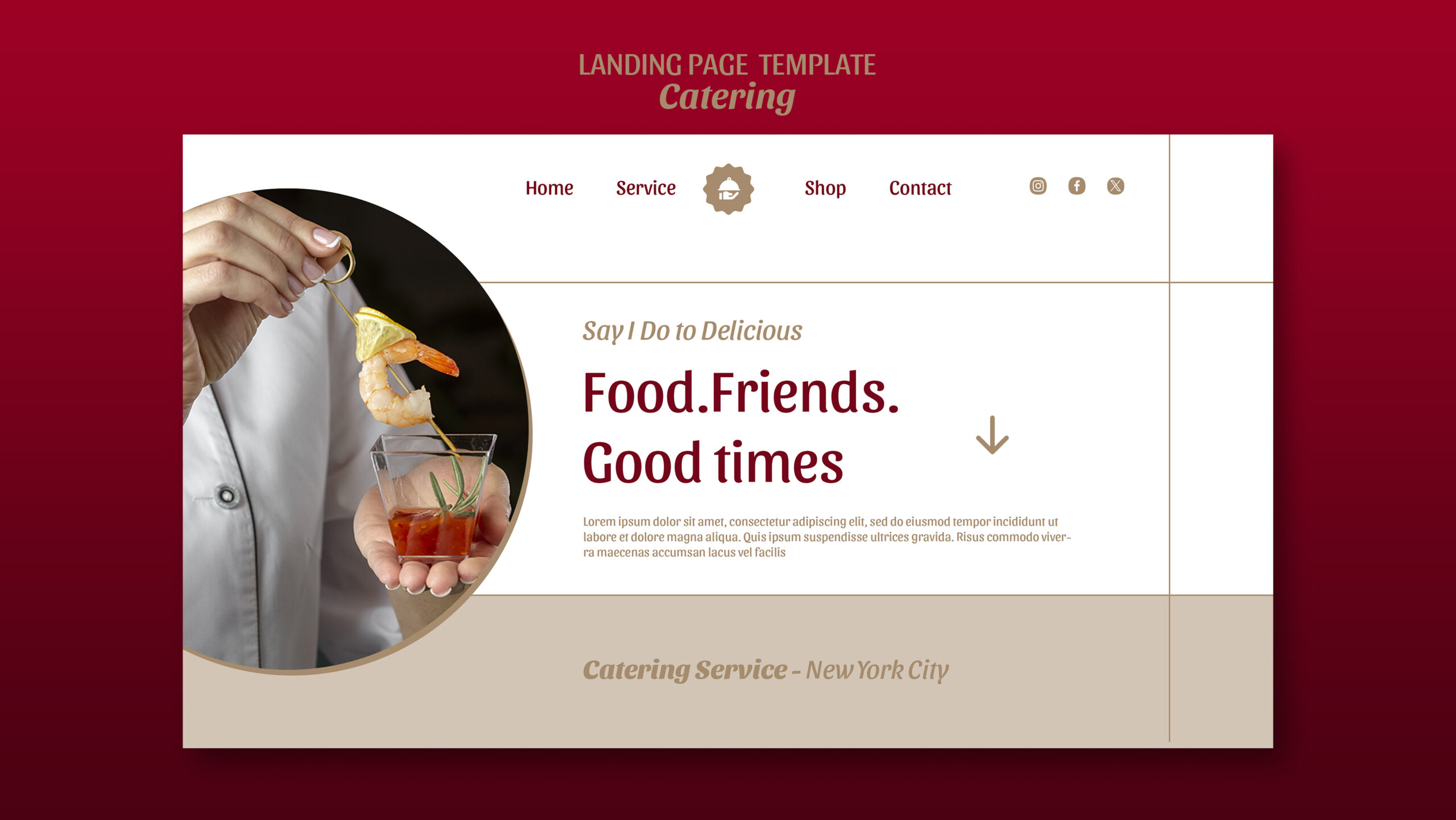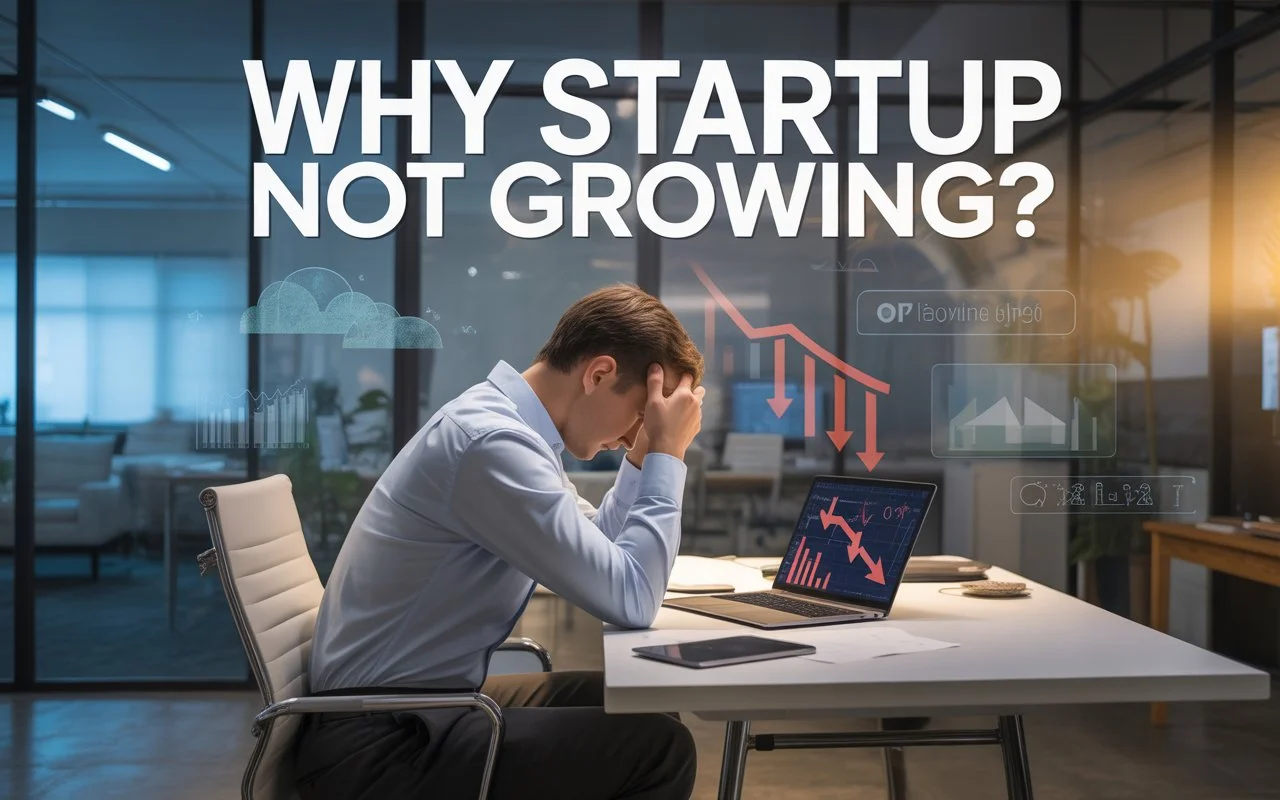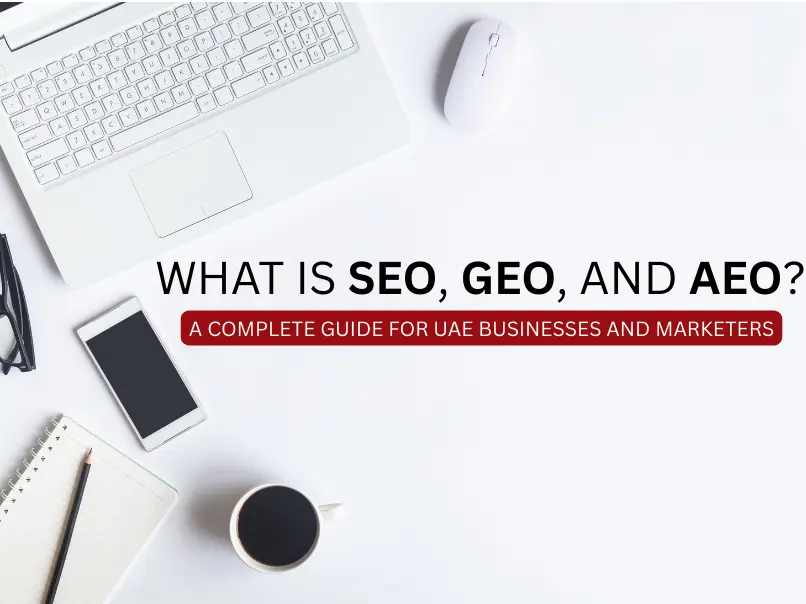Can My Small Business Benefit from a One-Page Website?
Last updated on June 9, 2025
In modern times, it becomes increasingly important for small businesses to have a website. Whether you own a local bakery, boutique clothing store, or freelance business, a website could help you communicate with customers and showcase your goods. If you are a small business owner with limited resources, time, or knowledge of technology, you might be wondering if a one-page website can work well for your enterprise. When done correctly, the answer is definitely yes.
This blog will discuss the benefits, limitations, and tips for creating a one-page website that helps your small business grow.
What is a One-Page Website?
A one-page website, as the name implies, is one page that has all the information you need about your company. Instead of being organized into pages, it is divided into sections, and its easy navigation directs users to the information they require. Everything is presented in a single structure, from introducing your brand to highlighting services, testimonials, and contact information.
Why Consider a One-Page Website for Your Small Business?
- Cost-Effective Solution
For small businesses with limited resources, one-page websites are an affordable option. They are less complicated to design, create, and maintain than multi-page websites, which reduces your upfront and continuing costs.
- User-Friendly Experience
Modern consumers value simplicity. A one-page website provides an intuitive and seamless browsing experience, allowing users to find the information they need without navigating through complex menus or multiple pages.
- Mobile Optimization
Since most people view websites on their cellphones, it is imperative to have a mobile-friendly website. Because one-page websites are naturally responsive and look great on smaller screens, your audience will have a seamless experience.
- Focus on Key Messages
A one-page website forces you to prioritize what’s truly important. By presenting only essential information, you can avoid overwhelming visitors and focus on delivering a clear, impactful message.
- Better Conversion Rates
You can lead customers through an easier process, whether they are seeing your services, learning about your company, or completing a contact form, by removing distractions and keeping all of your content on one page. This simplicity often results in higher conversion rates.
Who Can Benefit from a One-Page Website?
- Freelancers and solopreneurs: Display your services, portfolio, and contact information in one location.
- Local Service Providers: A one-page website can be used by plumbers, electricians, and other service providers to showcase their products and contact information.
- Event Planners: Promote a specific event with all the details (schedule, venue, tickets) on a single page.
- Boutique Businesses: Cafés, salons, or home-based stores can use a one-page website to highlight their offerings and drive foot traffic.
Limitations of a One-Page Website Design
While a one-page website can be highly effective, it does come with certain limitations:
- Limited SEO Scope
There are fewer chances for a one-page website to rank for different search queries or target several keywords. You must optimize your content strategically if SEO is a key component of your plan.
- Scalability Challenges
A one-page website might not be enough as your company expands. Adding new services, blogs, or advanced features could require transitioning to a multi-page site.
- Overloading the Page
Trying to fit too much information into one page might overwhelm users and create confusion. Finding the ideal balance is important.
- Not Ideal for Complex Needs
A one-page website might not be enough if your company needs features like a blog, online store, or several service pages.
How to Make a Successful Single Page Website
Here’s how to make a one-page website work for your small business if you’ve made the decision to use one:
- Define Your Goal
Prior to anything else, decide what you want your website to do. Is it to provide business information, display your portfolio, or create leads? Your decisions on content and design will be guided by this clarity.
- Plan Your Layout
Your page needs to be divided into smaller sections such as
- Hero Section: A captivating headline and call to action (CTA).
- About Us: An overview of your company in brief.
- Services/Products: Highlight what you offer.
- Testimonials: Add social proof with customer reviews.
- Contact Information: Include a form, phone number, or email address.
- Optimize for SEO
Use a primary keyword for your business in the title, meta description, and throughout the page (e.g., “Affordable Plumber in [City]”).
Make sure your page loads quickly and give photos alt text.
- Use Visual Appeal
Invest in high-quality images and clean design. Minimalism works best for one-page websites. Use visuals to break up the content and keep readers interested.
- Include a strong call to action.
Make sure your CTA buttons are visible and easy to find, whether they say “Book an Appointment,” “Contact Us Today,” or “Learn More.”
- Test for Responsiveness
Make sure your website is responsive and functions properly across all devices.
Real-Life Examples of Successful One-Page Websites
- Freelance Designer
A portfolio site showcasing their work, testimonials, and a contact form, all in one scroll.
- Local Café
A visually appealing website featuring their menu, location map, and contact details, optimized for mobile.
- Event Organizer
A single-page event website providing all the details, event schedule, ticket links, and sponsor information.
Is a One-Page Website Right for Your Business?
The decision ultimately boils down to your target audience, expansion objectives, and operational needs. A one-page website can be a great option for small businesses seeking an easy and affordable method to create an online presence. It offers a targeted user experience and is quick to set up and maintain.
However, if you anticipate scaling up, need advanced functionality, or rely heavily on SEO for traffic, you may want to consider a multi-page website instead.
Read More: Long Form Content vs. Short Form Content: Which Drives More Traffic?
Summary
For small businesses hoping to establish themselves online without going overboard, a one-page website is an excellent place to start. It is affordable, easy to use, and, with careful design, may provide outcomes.
Keep in mind that your website frequently serves as the initial impression that clients get of your company. Make it convincing, clear, and audience-specific.
Are you prepared to create a one-page website? Let your company shine by optimizing your web presence!
December 16, 2024



